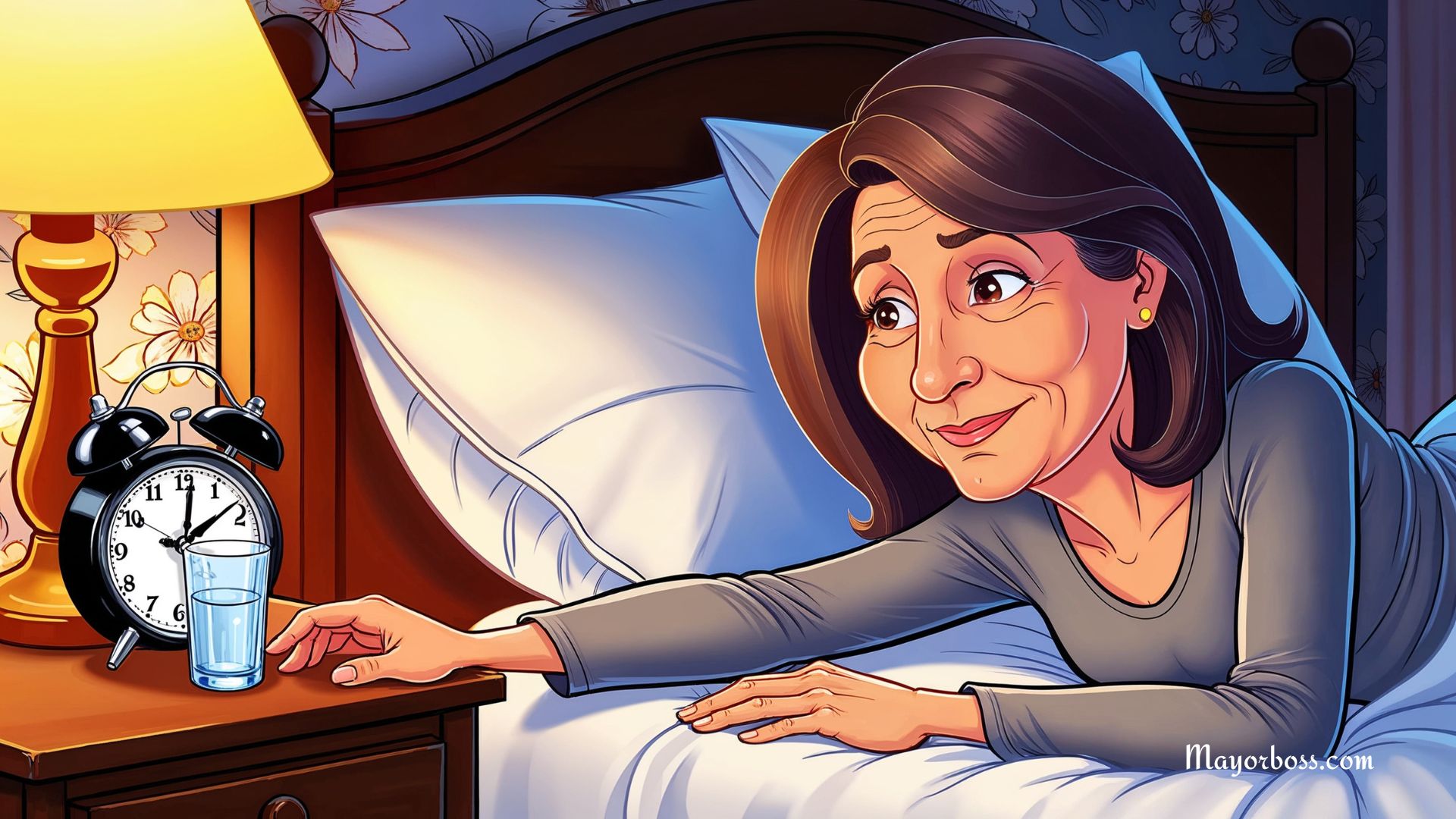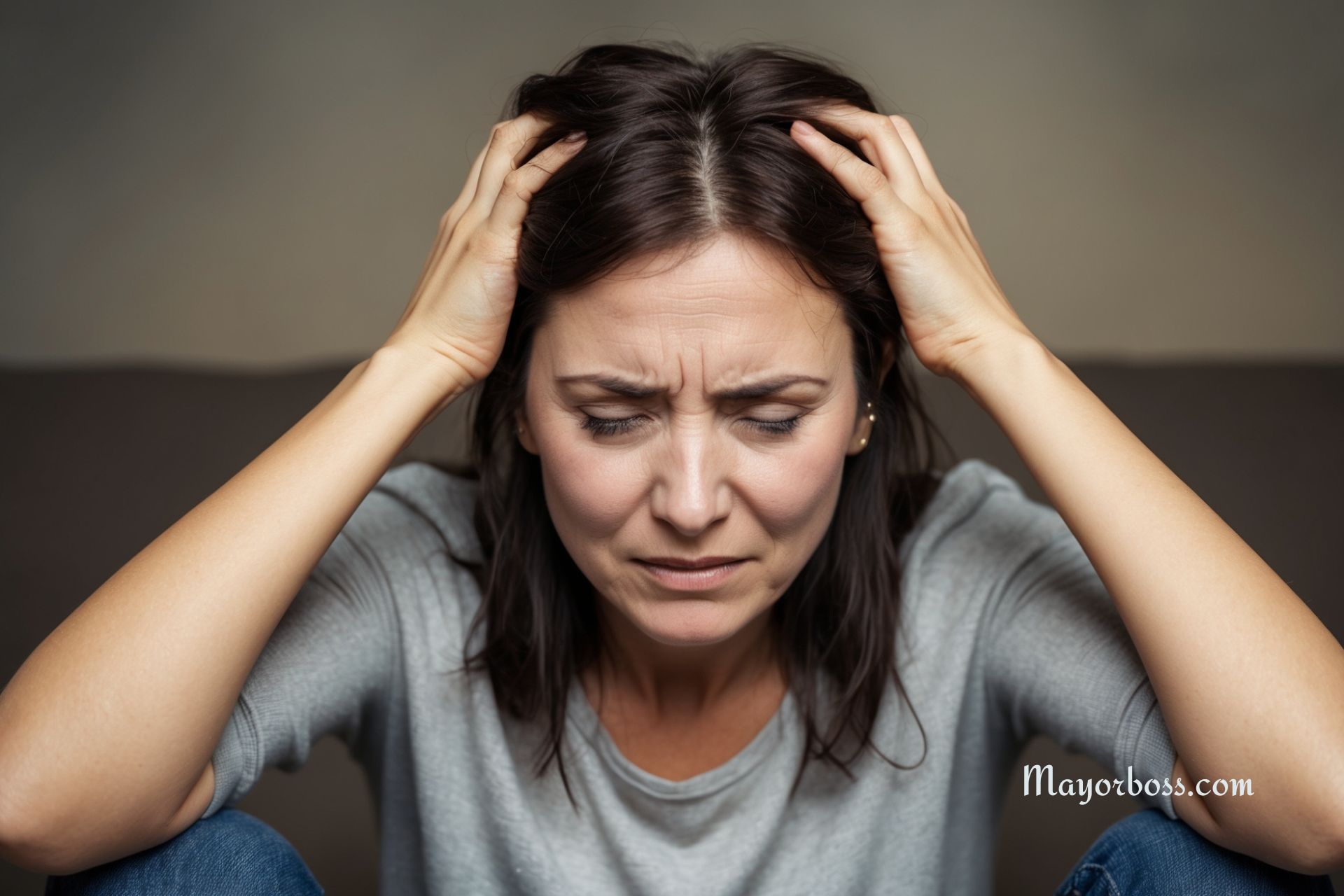Why Some Days You Can’t Stop Eating

Have you ever had one of those days where you just can’t seem to stop munching? You’re not alone. Sometimes, no matter how much you eat, your stomach still screams for more. Here are four reasons why this might be happening.
1. Your Body’s Natural Hunger Cues Are Out of Sync
Have you ever had one of those days when, no matter how much you eat, you just can’t seem to feel full? Well, you’re not alone. This relentless hunger can often be traced back to your body’s natural hunger cues being thrown off track. Hormones like ghrelin and leptin play a significant role here. Ghrelin signals hunger to your brain, and leptin tells it when you’re full. But when these are imbalanced, your brain might not get the memo that you’ve eaten enough, leading to overeating.
2. You’re Not Eating the Right Kinds of Foods
Let’s talk about what’s on your plate. Not all foods satisfy hunger equally. Foods rich in protein, fiber, and healthy fats tend to keep you fuller for longer. On the flip side, if your diet leans heavily on simple carbohydrates or sugary snacks, you’ll notice that these quick bursts of energy don’t last, and soon enough, you’ll be raiding the kitchen again. So, if you find yourself constantly snacking, it might be time to rethink your meal choices.
3. Emotional Eating Is Getting the Best of You
When you’re stressed or anxious, eating can seem like a good way to relieve some of that tension. This is because food, particularly sweets and carbs, can temporarily boost serotonin levels, making you feel calmer and happier. However, this fix is short-lived, and often, the urge to keep eating persists.
Similarly, boredom can trigger excessive eating. When you’re not actively engaged with activities or work, eating can serve as a form of distraction or entertainment. This often leads to mindless snacking, where you might not even register how much you are consuming.
4. You Didn’t Sleep Enough
Here’s something you might not have thought about: your sleep affects your eating habits. Not getting enough sleep can mess with your hunger hormones, pushing ghrelin up and pulling leptin down. This imbalance makes you hungrier and can also mess with your cravings, making you more likely to crave high-calorie, sugary foods. Ensuring you get a good night’s sleep might just help you manage those hard-to-control eating days.
Frequently Asked Questions
Why do I eat more on some days than others?
Some days, your body might need more energy due to increased physical activity or recovery needs, leading to increased hunger. Hormonal fluctuations can also influence appetite, particularly for women.
How can I tell if I’m eating out of hunger or emotion?
If you find yourself eating when you’re not physically hungry or using food as a response to emotions, it’s likely emotional eating. Keeping a food diary noting when and why you eat can help identify patterns.
Can exercise help control excessive eating?
Absolutely. Regular exercise not only helps with overall physical health but also improves mood and can reduce stress. This might help decrease stress eating and improve your energy levels, helping you make better food choices throughout the day.






